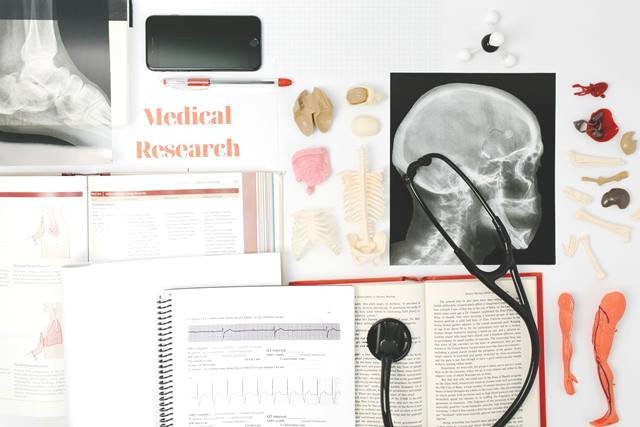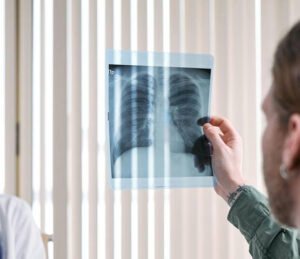Pulmonary tuberculosis is a lung infection that is transmitted through airborne particles called droplet nuclei, when a person coughs or sneezes. When a person with TB coughs or sneezes without covering their mouth, the bacteria will spread into the air in the form of phlegm droplets. Reported from the official website of the Ministry of Health , a single cough can produce 3000 phlegm droplets containing up to 3500 M. tuberculosis bacteria.
While a single sneeze releases 4500 – 1 million M. tuberculosis germs. The bacteria enter the respiratory tract to the lungs and can spread to other parts of the body. The immune system reaction will occur 6-14 weeks after infection.
In the statement of dr. Buti Ariani Arnur, SpP, a Lung & Respiratory Specialist from Eka Hospital Bekasi, not everyone who is exposed to TB bacteria will develop TB disease. People with low immunity are at greater risk of developing TB. Tuberculosis can be cured if treated properly and consistently.
So, what are the symptoms of pulmonary TB that we need to be aware of?
Dr. Buti Ariani Arnur, SpP, provides several symptoms that you need to be aware of, including:
1. Persistent cough
A cough that lasts for more than two weeks is one of the main symptoms of pulmonary TB. This cough is often phlegmy, sometimes accompanied by blood. If you have a long-lasting cough and do not respond to regular treatment, it is important to immediately check yourself at a health facility.
2. Weight loss
People with pulmonary TB often experience significant weight loss, caused by decreased appetite and increased energy requirements for the body to fight infection.
3. Prolonged fever
Mild but persistent fever, especially at night, is a common symptom of pulmonary TB. Usually, sufferers will feel feverish for several hours, especially in the afternoon and evening.
4. Night sweats
Excessive sweating at night, even when not in a hot condition, is one of the typical signs of TB. This sweating often occurs together with a long-lasting fever.
5. Constant fatigue
People with pulmonary TB often feel tired for no apparent reason, even when not doing heavy activities. This fatigue is related to the body’s efforts to fight the prolonged infection.
Why is early detection important?
The sooner pulmonary TB is diagnosed, the sooner treatment can be given. Pulmonary tuberculosis that is not treated immediately can spread to other organs such as bones, brain, and kidneys, causing more serious complications.
In addition, people who are not aware that they have TB can spread this germ to people around them.























+ There are no comments
Add yours